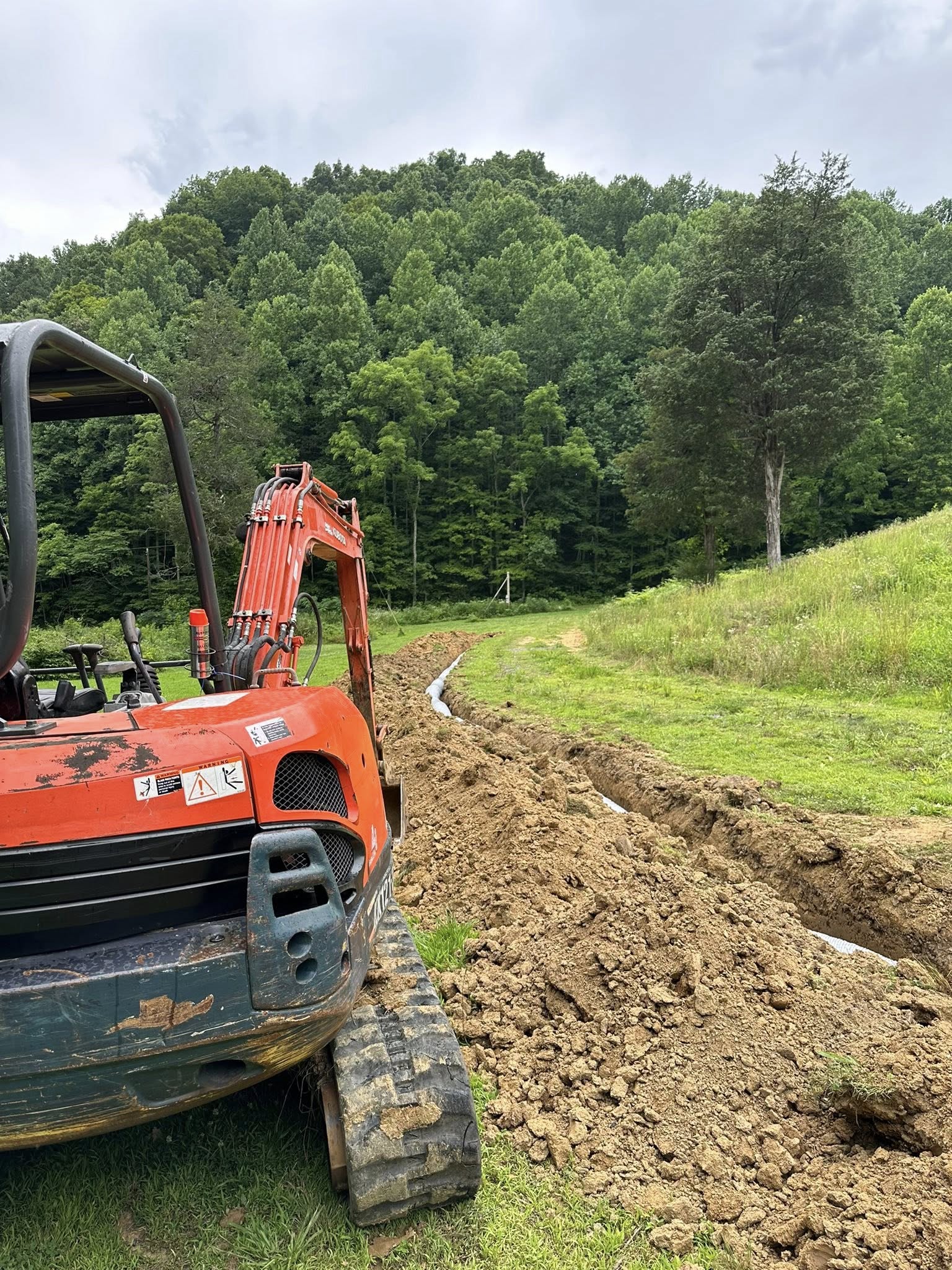
Smart Excavation: Leveraging IoT for Real-Time Site Monitoring Nov 02, 2025
The construction industry has long been associated with heavy equipment and extensive labor. While these elements remain integral, the introduction of IoT technology is revolutionizing excavation processes. IoT devices, equipped with sensors and connectivity, enable machinery to communicate and provide vital data on various site conditions. This real-time communication allows for enhanced decision-making and operational oversight.
One of the most critical advantages of leveraging IoT in excavation is real-time site monitoring. By employing IoT sensors, excavation machines can transmit live data related to the machinery's performance and the surrounding environment. For instance, these sensors can offer insights into fuel consumption rates, engine temperatures, and even machine wear and tear. Monitoring such metrics in real-time can prevent unexpected breakdowns, which often lead to costly delays and repairs.
Furthermore, IoT technology enhances site safety, a priority for Excavation Innovations. Site monitoring through IoT devices can detect potential hazards before they escalate. For example, sensors placed on equipment can alert operators to machinery malfunctions or track proximity to other machines, preventing collisions. Additionally, wearable IoT devices for workers can monitor vital signs and environmental conditions, such as air quality, ensuring that any health risks are swiftly identified and mitigated.
Cost management is another area where IoT makes a significant difference. By keeping a detailed log of machine usage, hours operated, and overall productivity, companies can optimize resources and reduce unnecessary expenditure. Analyzing this data enables more accurate project timelines and budget forecasts, which is an invaluable advantage in a competitive industry. Moreover, with precise operational data, Excavation Innovations can ensure that maintenance is predictive rather than reactive, reducing downtime and repair costs.
Integrating IoT into excavation practices also supports sustainable construction. With real-time data on resource usage, companies can implement measures to minimize waste and enhance efficiency. This not only contributes to environmental sustainability but also promotes a positive reputation within the industry. Excavation Innovations, by leveraging such technologies, positions itself as a forward-thinking leader, committed to responsible and sustainable practices.
In conclusion, the adoption of IoT technology in excavation transforms traditional site monitoring into a sophisticated, proactive process. For Excavation Innovations, this means enhanced efficiency, safety, and cost management, as well as a commitment to sustainable practices. The benefits of real-time site monitoring are undeniable, making IoT an essential component of modern excavation services. Embracing these advancements ensures that Excavation Innovations remains at the forefront of the industry, capable of meeting client expectations and driving future growth. As technology continues to evolve, companies that integrate IoT into their operations will undoubtedly stand apart, delivering superior results and paving the way for the future of excavation.
/filters:no_upscale()/media/14f0206d-8400-418b-9440-502974c65edd.jpeg)
/filters:no_upscale()/filters:format(webp)/media/7dc9553e-bef3-4839-b58c-c612218e67ef.jpeg)